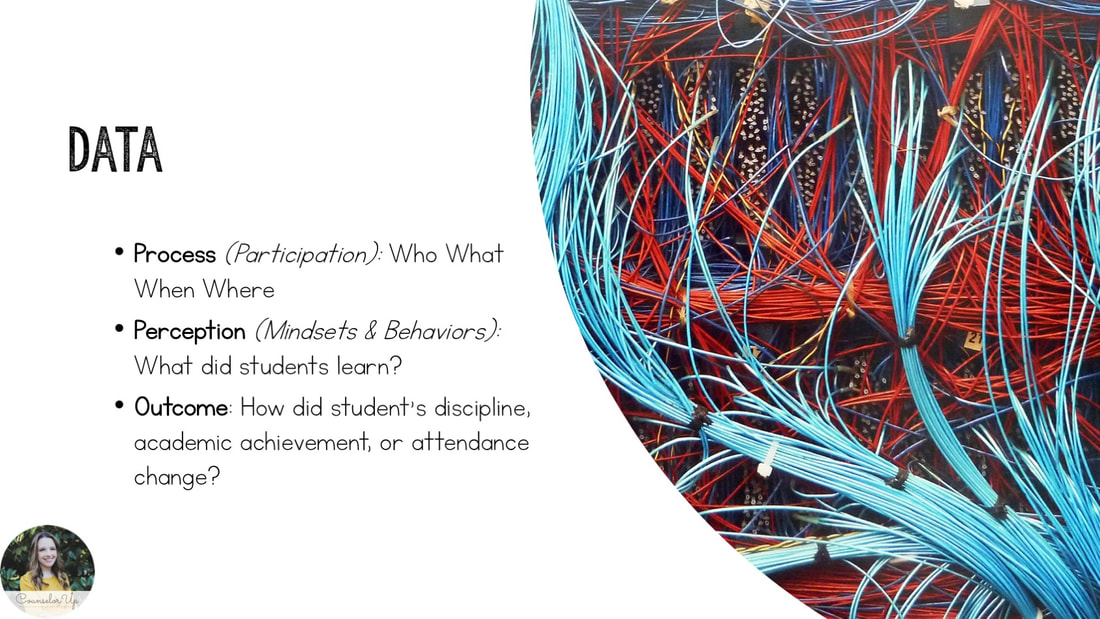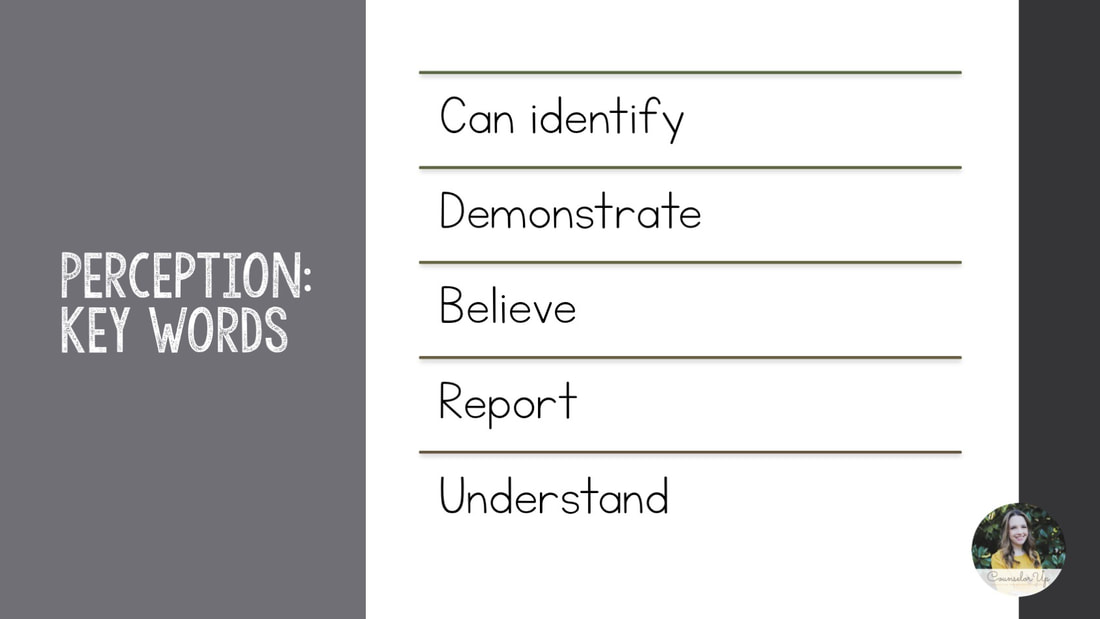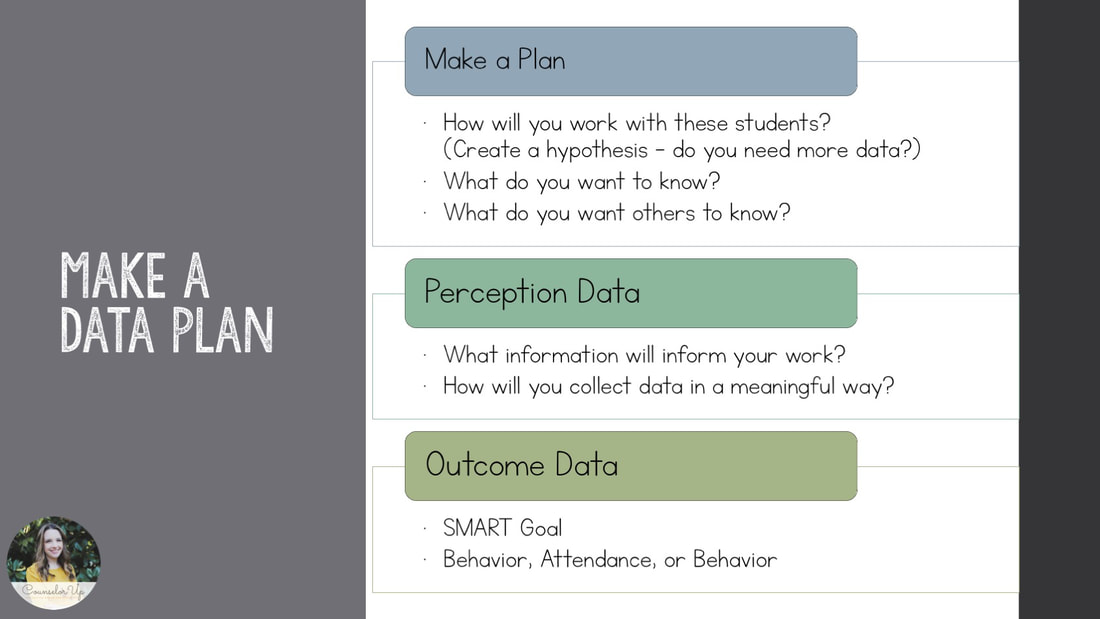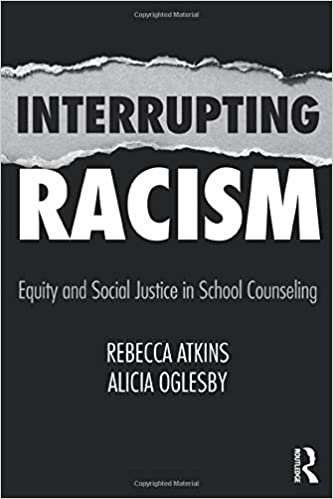Imagine that you decide to take a walk outside. As you are walking, you pick up items that are interesting or beautiful to you. As you’re walking, your hands are full of interesting and beautiful items until they are so full that you can’t hold on to anything. You stop seeing the interesting items and start to feel bogged down by the amount you are trying to carry.
This is often what happens with data. We collect **ALL THE DATA** but then we don’t have time to make sense of it. This is a waste of time! If we start our walk saying, “I will only collect 5 beautiful leaves.” Then we will end our walk with what we wanted to have. We will feel more accomplished and less overwhelmed. So…
What's Your Data End Goal?
Data answers the questions you just identified. The trick is to collect the right data for the question that you asked! Let’s review the three types of data collected within the ASCA National Model. If you’re not implementing the national model fully, it’s still a great resource to help you to organize your program.
- Process (or participation in 4.0) – describes the who/what/when/where. It helps you and your stakeholders know how you spend your time.
- Perception (or mindsets and behaviors in 4.0) – describes what students learned. This is typically seen in a pre/post test. This data would answer questions about what students know or can do
- Outcome data – describes discipline, achievement, or attendance. This is usually what our administrators and school improvement teams are looking at.
Keep Data the Way You Use Data
How do you keep track of the lessons you teach? I usually use a spreadsheet with hyper links to the google doc lesson plans. (You can see my plans by clicking on the curriculum plans on the side bar.) I print the spreadsheet an put it in a notebook with all my handouts/copies/etc organized by grade level. Whatever system you use, keep track of it!
If you’re not currently tracking the lessons that you teach, start this year and by the time you end the year, you’ll have a yearlong plan. You will thank yourself later. I like to share this on my website so that parents/teachers/staff can see the scope and sequence of the material that I am teaching students. This says to your stake holders loud and clear – I have a plan and I am implementing it.
I tend to run a high number of groups. I can’t ever remember which kids are coming on what day, so I create a little chart for the week with times, days, and students (with teachers) so I know who needs to be at group and when. I keep this paper on a clipboard in my office that I can grab and run out the door to collect the kids. After the groups are done, I file this piece of paper and by the end of the year, I know every group I ran and who was in it. Then, when someone says that Lizette needs to be in social skills group next year, I know she already was in one!
For individual counseling, I’ve created all kinds of complex systems for keeping track. I even had a form that I filled out that had gender, purpose of session, etc. but I never looked at the data for anything meaningful. It was busy work. I found that the best way to keep track of all those little things I do is to keep a detailed calendar. You can do this paper/pencil or use a google calendar but I can’t emphasize enough how using a calendar for productivity is a game changer.
Data Informs Our Work
It can be tricky because when we are working with teachers, they stop at perception data. Once a student has learned the material, it is a success. For counselors, we want to see that students have learned the skills and then apply them to improve their behavior, attendance, and achievement.
These are called outcome data. A general rule is that this data is collected for you. If you are creating a tool to collect data, it’s probably not outcome data. You will see these types of data in your School Improvement Plan and hear others speaking about improving these data points. This is a great place to start when deciding what data to explore – your SIP Team spends a lot of time looking at data and determining priorities, use that work as your starting place.
Make sure that you are connecting the outcome data back to the purpose of the activity. Whether it’s a classroom lesson or a small group, you’ll want to think about what changes in behavior, attendance, or achievement relate to the skills that students will acquire.
Your process data is the list of students with 15 or more absences. Is this a reasonable number of students for you to work with? I’ve worked with schools where that would be over 100 students. Other schools, the number would be much more reasonable. If it’s not a reasonable number for you – you can think of another level of data, like students who are below grade level.
When you make a plan for how to work with this group of students, you are creating a hypothesis about the skills students are needing in order to make a change in the outcome data. Your perception data will relate to this skill acquisition. As always, we have data we want to know (maybe why students are absent/barriers) and what we want others to know (maybe what skills students learned in their work with you).
In this example, I decide to run a resiliency group that builds skills for taking care of yourself, setting goals, and connecting school to larger goals. I create a pre/post test for perception around these skills. When I write the goal (and this can be the same as your Professional Development or annual goal for your evaluation!) – I will use SMART goal language. This goal must be grounded in behavior/discipline, attendance, and achievement. ASCA has a smart goal template that can be very helpful in writing your smart goal.
Imagine now your conversation with your principal about your role as a school counselor. If you are able to connect to their work and emphasis in the SIP plan and share quantifiable outcome data, how would that change your conversations? I encourage each of you to determine one goal for this year and select process, perception, and outcome data. Start with one and you can always add more next year. Start now.














